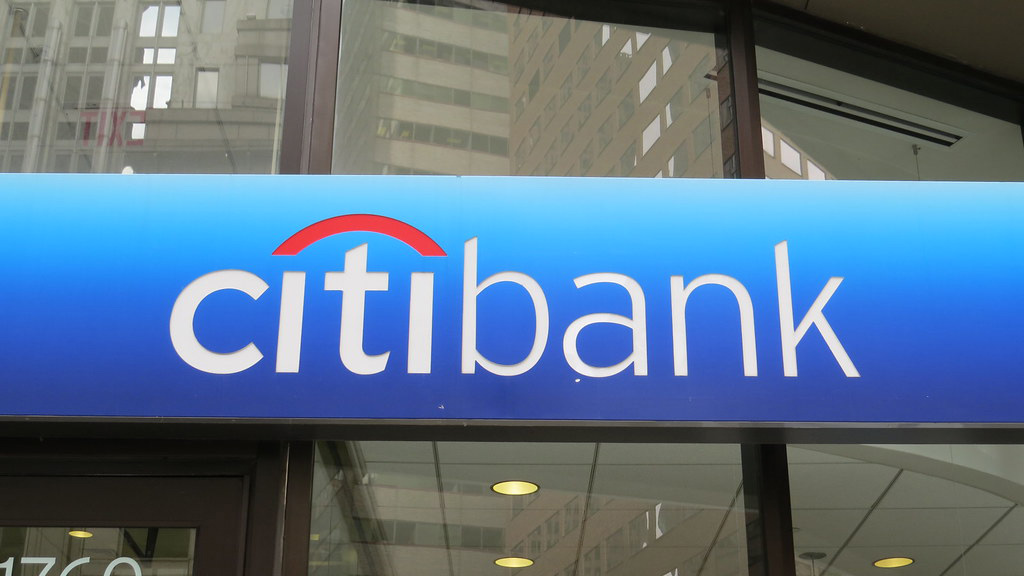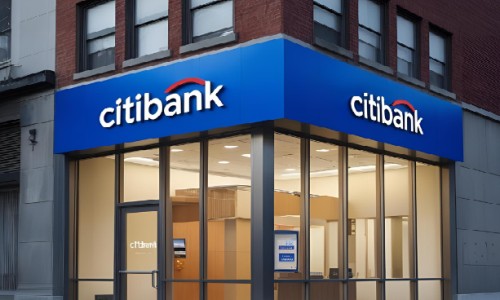Learn More
Benchmarking Citibank NNN Real Estate: Cap Rate Trends You Should Know

When it comes to investing in retail real estate, understanding the nuances of cap rates is essential. For those eyeing Citibank real estate, knowing the trends in cap rates can provide valuable insights into the stability and potential profitability of your investment. In this article, we will explore the current landscape of Citibank NNN properties, focusing on cap rate trends that every investor should be aware of....
What is NNN Real Estate?
Before diving into the specifics of Citibank real estate, let's clarify what NNN (Triple Net Lease) properties entail. In a triple net lease, the tenant is responsible for paying not only rent but also property taxes, insurance, and maintenance costs. This arrangement is particularly attractive to investors because it reduces the financial burden on property owners, allowing for a more predictable income stream.
Citibank's Position in the Retail Real Estate Market
Citibank is a well-established player in the banking sector, and its real estate holdings reflect its strong market position. With a credit rating of A+ from S&P and A1 from Moody's, Citibank real estate is seen as a stable investment. This stability is crucial when assessing cap rates, as higher credit ratings often correlate with lower risk and, consequently, lower cap rates.
Current Cap Rate Trends for Citibank Real Estate
According to our latest data, the average cap rate for Citibank properties is competitive within the broader retail real estate market. Understanding these cap rate trends can help you make informed decisions about potential investments.
Average Cap Rate Insights
Cap rates for Citibank NNN properties remain competitive, reflecting steady demand within the retail real estate sector. Investors should note that while this provides a useful baseline, specific cap rates can vary based on location, lease terms, and other factors.
Regional Cap Rate Variations
Cap rates can differ significantly by region. For instance, properties located in high-demand urban areas may command lower cap rates due to their desirability, while those in less populated regions may offer higher cap rates as a trade-off for increased risk. It's essential to consider these regional variations when evaluating Citibank real estate investments.
Factors Influencing Cap Rates
Several factors can influence cap rates for Citibank NNN properties. Understanding these elements can help investors anticipate market shifts and make strategic decisions.
Economic Conditions
The broader economic environment plays a crucial role in determining cap rates. In a robust economy, demand for retail space typically increases, leading to lower cap rates. Conversely, during economic downturns, cap rates may rise as demand wanes. Keeping an eye on economic indicators can provide valuable context for cap rate fluctuations.
Tenant Stability
The creditworthiness of tenants is another significant factor influencing cap rates. Citibank's strong credit ratings contribute to its lower cap rates, as investors perceive less risk associated with leasing to a financially stable entity. Properties with tenants that have lower credit ratings may offer higher cap rates but come with increased risk.
Lease Terms and Conditions
The specifics of lease agreements, including duration and escalation clauses, can also impact cap rates. Citibank typically offers long-term leases, which can stabilize income and attract investors looking for reliable cash flow. Longer lease terms often correlate with lower cap rates, as they signify reduced risk.
The Importance of Market Research
Conducting thorough market research is essential when considering investments in Citibank real estate. By analyzing cap rates, tenant stability, and economic conditions, investors can make informed decisions that align with their financial goals.
Utilizing NNN Trends for Informed Decisions
At NNN Trends, we provide comprehensive data and analytics to empower investors in their decision-making processes. Our platform allows you to access various metrics, including cap rates by region and sector, enabling you to identify the best opportunities in the market.
Whether you're a seasoned investor or new to the retail real estate landscape, leveraging our resources can enhance your understanding of Citibank real estate and its potential for growth.
Why Invest in Citibank NNN Properties?
Investing in Citibank NNN properties can offer several advantages:
- Stable Income: With a strong credit rating and long-term leases, Citibank properties provide a reliable income stream.
- Lower Risk: The financial stability of Citibank reduces the risk associated with your investment.
- Market Demand: As consumer behavior shifts, the demand for banking services remains strong, ensuring continued interest in Citibank locations.
Take Action Today
If you're considering investing in Citibank real estate, now is the time to act. With our in-depth market research and analytics, we can help you identify the best investment opportunities tailored to your needs.
Explore our resources at NNN Trends to learn more about cap rates, market trends, and how we can assist you in making informed investment decisions. Don't miss out on the chance to capitalize on the growing demand for Citibank NNN properties—reach out to us today!


